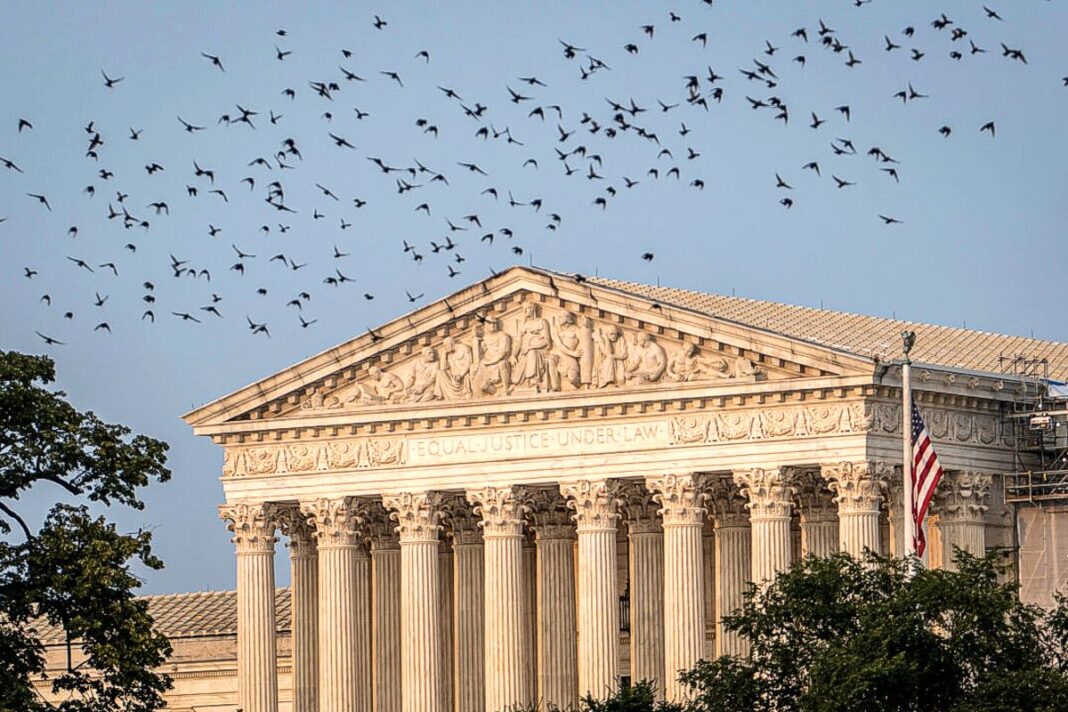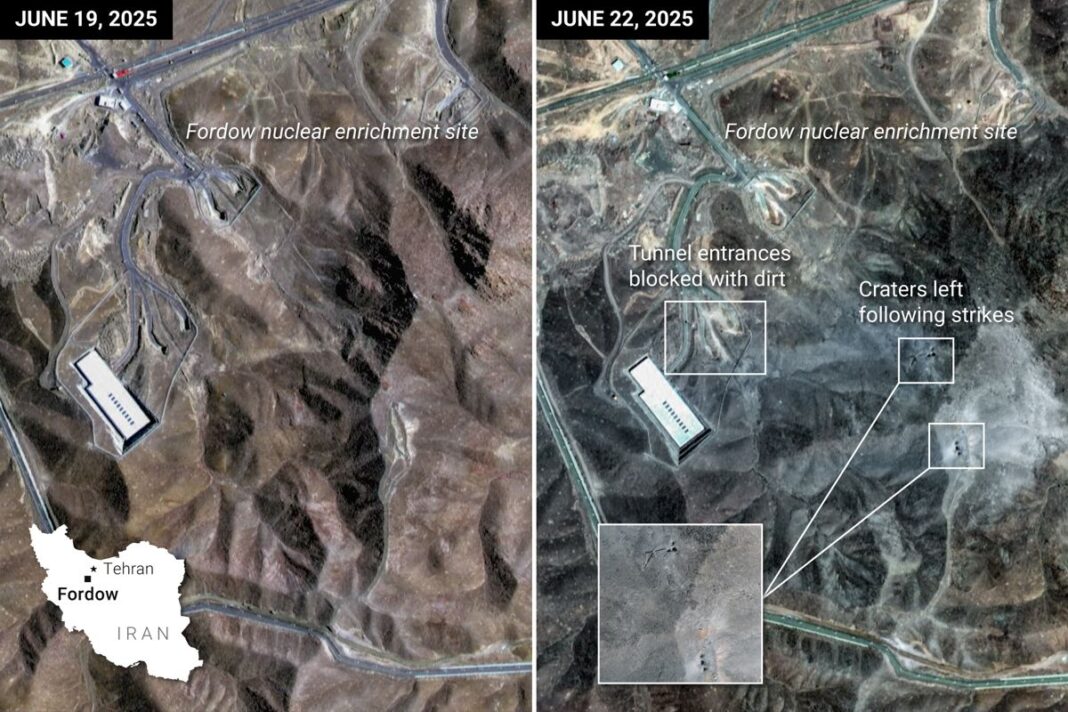The Supreme Court’s decision keeps a ruling from a lower court in place that may define how airline partnership agreements are viewed by federal regulators.
The U.S. Supreme Court declined to hear American Airlines’ appeal of a lower court ruling that struck down its Northeast Alliance with JetBlue Airways, bringing a formal end to a high-profile legal dispute over airline competition in the northeast.
On June 30, the justices rejected the petition without comment. This leaves in place a decision from the First U.S. Circuit Court of Appeals that upheld a 2023 ruling made by U.S. District Judge Leo Sorokin of the District of Massachusetts. The court found that the partnership between the two carriers, the largest and sixth-largest passenger airlines, violated federal antitrust law by eliminating competition in key markets, including Boston and the New York City area.
The Supreme Court’s denial ends the case without setting a national precedent. Nevertheless, it leaves in place a ruling that may shape how airline partnerships are viewed under federal antitrust law going forward.
The Northeast Alliance between American Airlines and JetBlue allowed the airlines to coordinate schedules, share revenue, and offer reciprocal loyalty benefits on flights departing from Logan International Airport in Boston and from John F. Kennedy, LaGuardia, and Newark Liberty airports in the New York area. Travelers could book itineraries on either airline that included legs operated by both carriers.
The alliance, announced in 2020 and approved by the Department of Transportation in early 2021, was short-lived. The Biden-era Department of Justice (DOJ) filed suit later that year, arguing the agreement unlawfully reduced competition and could lead to higher fares and fewer choices for consumers.
In 2023, Sorokin agreed with the DOJ and issued a permanent injunction dismantling the alliance. JetBlue withdrew from the partnership in 2023 as it sought to win approval for its failed $3.8 billion merger with Spirit Airlines.
American Airlines, however, continued its legal challenge. The appeal process went as high as the Supreme Court.








